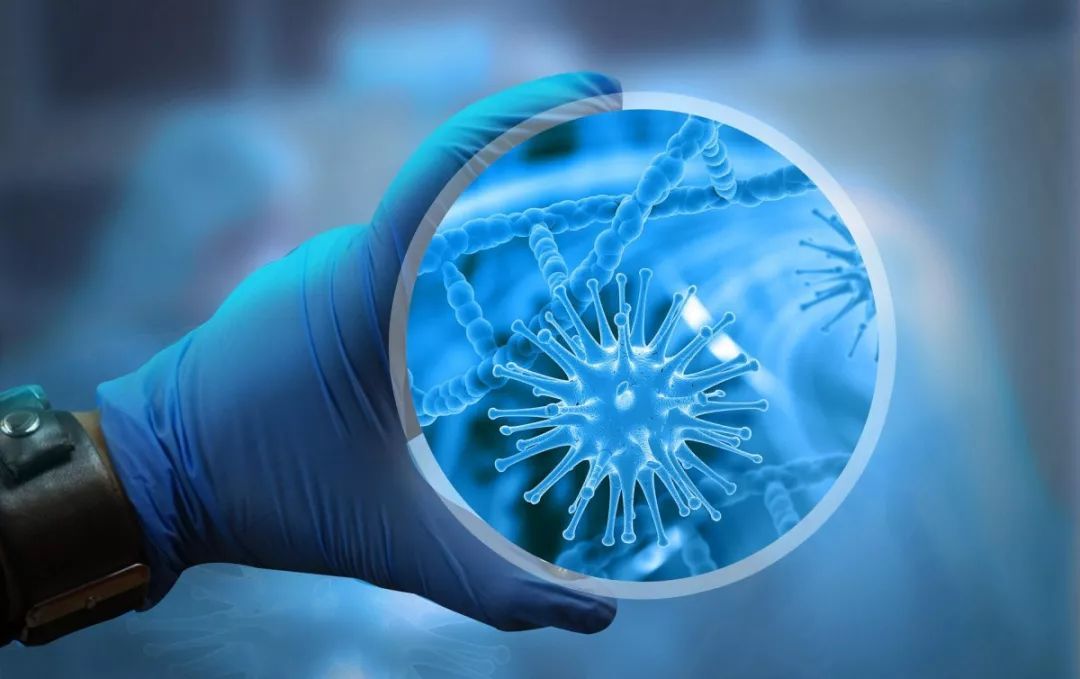您当前的位置: 新闻中心 > 行业新闻
搜索
- The NMPA registration procedure for Class III medical devices is comprehensive and designed to ensure that high-risk devices meet the highest safety and performance standards. The process involves detailed documentation, clinical trials (if required), testing, and possible inspections. Manufacturers, especially those located outside of China, should work with experienced regulatory consultants or authorized agents to navigate the complexities of the process. With careful planning and compliance, manufacturers can successfully register their Class III devices in China and gain access to one of the world's largest medical device markets.
- The NMPA registration process for Class II medical devices in China involves multiple steps, including document preparation, clinical and performance testing, submission of an application, and review by the NMPA. For foreign manufacturers, an authorized agent is required to manage the registration process. Given the complexities of the process, especially for higher-risk devices, it is highly recommended to work with local experts to navigate the regulatory landscape effectively. The process generally takes between 6 to 12 months, and costs can vary based on the device and its specific requirements.
- For Class II and III medical devices, NMPA registration often involves multiple quality inspections throughout the product lifecycle, from initial registration to post-market surveillance and renewal. For Class I devices, the inspection process is generally less intensive, focusing more on document review and less on manufacturing site inspections. However, all manufacturers, regardless of device class, must ensure ongoing compliance with NMPA regulations to maintain market access in China.
- Technical assistance for NMPA-registered medical devices in China typically includes support for post-market surveillance, regulatory updates, compliance with Chinese standards, renewals, quality management, and more. Manufacturers must maintain a high level of compliance to ensure continued market access and product safety. Local agents and consultants specializing in NMPA regulations can be extremely helpful in navigating this process.
- By following this process, manufacturers of Class I medical devices can achieve NMPA approval and gain access to the Chinese market. It’s essential to ensure that all documentation is accurate and complete, as this will speed up the registration process.
- The NMPA registration process for medical devices is detailed and can be time-consuming, especially for higher-risk devices. To ensure compliance, it is advisable to work closely with a local agent who is familiar with the regulatory environment and can help navigate the complexities of the registration process.
- Navigating the NMPA registration and review process for Class II medical devices requires careful preparation and adherence to regulatory guidelines. Early engagement with the NMPA and possibly consulting with regulatory experts can streamline the process and help mitigate any potential issues. If you need specific insights or assistance related to your device, feel free to ask!
.png)









